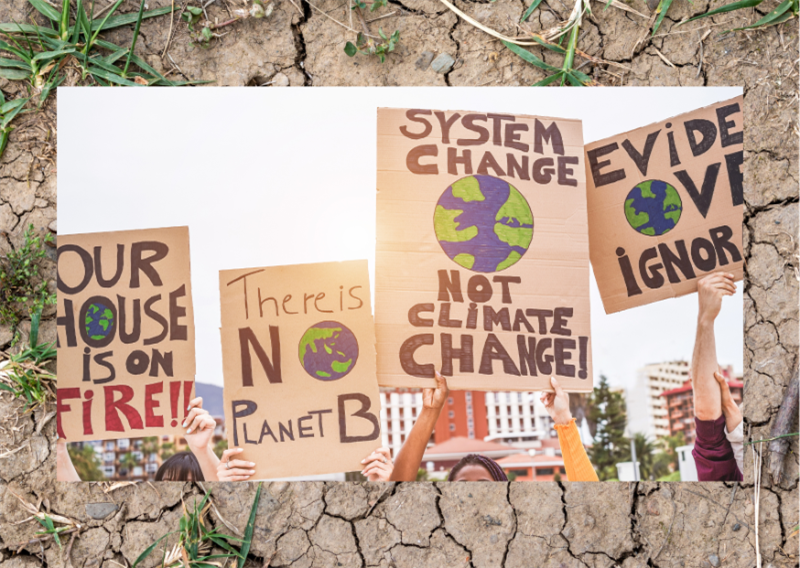14th September 2025

No Planet B
The world is getting warmer. The amount of carbon dioxide in the atmosphere has risen exponentially even in the last 75 years, with the result that 2024 was the hottest year on record. The immediate consequences - more extreme weather, melting of sea ice and glaciers, warmer oceans - are already having serious ecological, human and economic consequences.
The Church overall has been slow to respond to the threat of climate change. Christians involved in ecological work suggest that this stems at least in part from a theological deficiency. Too often, they argue, our Gospel begins in Genesis 3, with a fallen world corrupted by sin, from which God in Christ promises to save us. If we believe the world to be corrupt, sinful and passing away, why worry about the climate crisis? If we believe that created matter is inherently evil and something we need rescuing from, why prioritise caring for creation?
The problem is that this view diminishes the gospel and greatly restricts God's work in salvation. For the Bible begins not with human sin but with God as Creator. In Genesis 1 and 2, we see God making a world which he describes as "good". In Genesis 2, we see God making human beings to tend and care for this good world. He places them in a garden, a place of beauty and a place with plenty of food, and there, he plans to walk in relationship with them, in the cool of the day.
Because of sin, the human beings are banished from the garden - but this does not alter God's sovereign plan for his good world. God still loves the world that he has made; indeed, in Jesus, he enters into all the messiness and conflict of the world and begins the work of healing, restoring, "making all things new" (Revelation 21:6). The idea of salvation, in the gospels, encompasses so much more than individuals being rescued, taken out of a corrupt and sinful world. Salvation is about the renewing of that world - bringing physical, emotional and spiritual wholeness, upending sinful systems that perpetuate oppression, calling humanity once again to walk with their Creator in the cool of the day. It's no accident that Jesus' first encounter after the Resurrection, with Mary Magdalene, takes place in a garden.
In the final chapters of the book of Revelation, John sees a vision of a renewed heaven and earth. Notice - it's a renewed heaven and earth. We are not going to be taken out of this world and into a spiritual place called "heaven" where the things of earth disappear. Instead, in our glorious Resurrection bodies, through Jesus, we have that promise of eternity - of walking in unspoiled relationship with God who will dwell with us forever. There is no Planet B. The call of God to his people is, as it has always been, to join with him in his work of renewing the world, of bringing salvation, in its deepest and widest sense, to all the earth.
